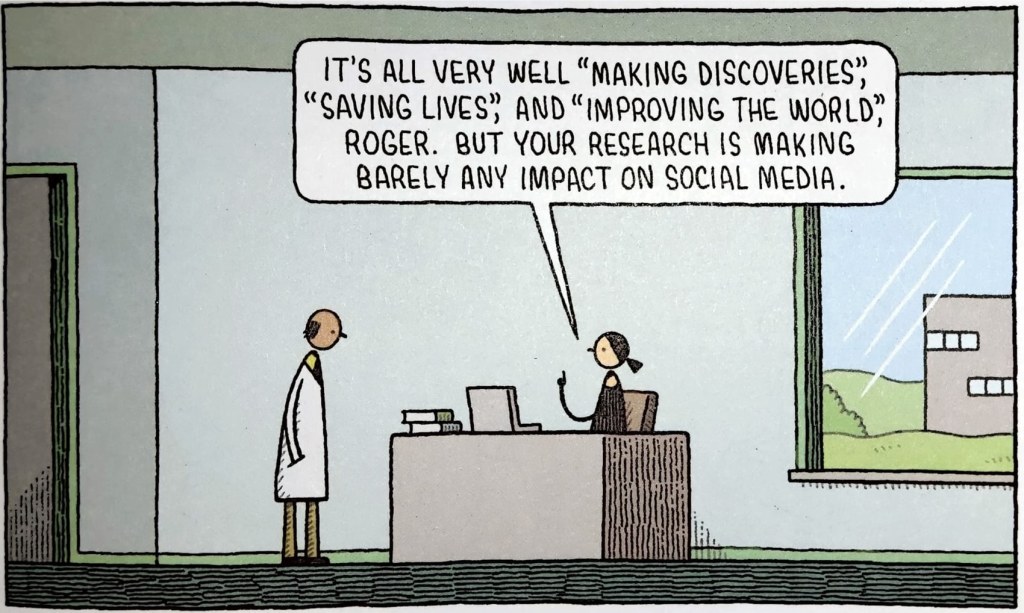I’ve been a reader, ever since i can remember.
I grew up in really small towns, where the only modes of entertainment were sports with friends, and books. There was no television, since the town was surrounded by hills that prevented television reception. And with very few people, the sports you could play were limited as well. So, i read.
Thankfully, my parents encouraged this. My father did a deal with me when i was barely 5 years old: every test i got full marks in, would get me a book. By the age of 10, i had more books than all my friends combined 🙂
And our school principal (bless your soul Fr. Castelino) built a school library, despite being told he should be spending his money on a million other things.
I kept reading everything i could lay my hands on, through college, and beyond. And for years i was surprised to meet people who didn’t read. I had learnt not to judge, or grudge, people their choices but i found it amazing that someone might not find a book or two they could somehow relate to. The written word, after all, is proof of human civilization.
I came across a new genre of books when i went to study management. Thick tomes that proposed to explore & lay bare the mysteries of “business management”. And i dove right in. Through those 2 years, as so many of my friends spent their time in classes & projects, i read – about 170 books.
(To be honest, i now think i was wrong in doing so. The few classes i did attend were interesting, the professors curious & aware, and the subjects complex enough to demand debate & discussion.)
For years, management books were a staple diet of mine. And then, about 10 years ago, i stopped reading them. I now think most business management books get unduly prescriptive about issues & problems that are far more complex than are made out to be. They also draw conclusions from data sets that aren’t large enough, long enough, or replicable exactly. Of course, my own rebellious streak also comes in the way of accepting such prescriptive answers. 🙂
This is not (i repeat, not) to put down the whole genre. Of late, writers like Adam Grant, Atul Gawande, Hans Rosling, Seth Godin, and others have been doing great work. A number of other writers and thinkers have been looking into personal productivity, into fleshing out your personal paths in alignment with values and psychology. However, I think most of these are not about “management”, but about personal effectiveness.
I do not want to be prescriptive about this. It is a personal journey that everyone has to undertake, and discover their own path, discover what works for them, themselves. There are lots of great books out there, in every genre, that will help you discover things that work for you. I still remain open to suggestions on what to read, but today I think poetry & literature teach you more – far more. And so I increasingly look to fiction to derive my lessons about life, about self, about managing.
Regardless, whatever you decide to read, please read with an open mind. Look to apply what you learn, discard what doesn’t work, and to pass on your learnings to others.
#management #business #books #journey #life #wednesday #reading

